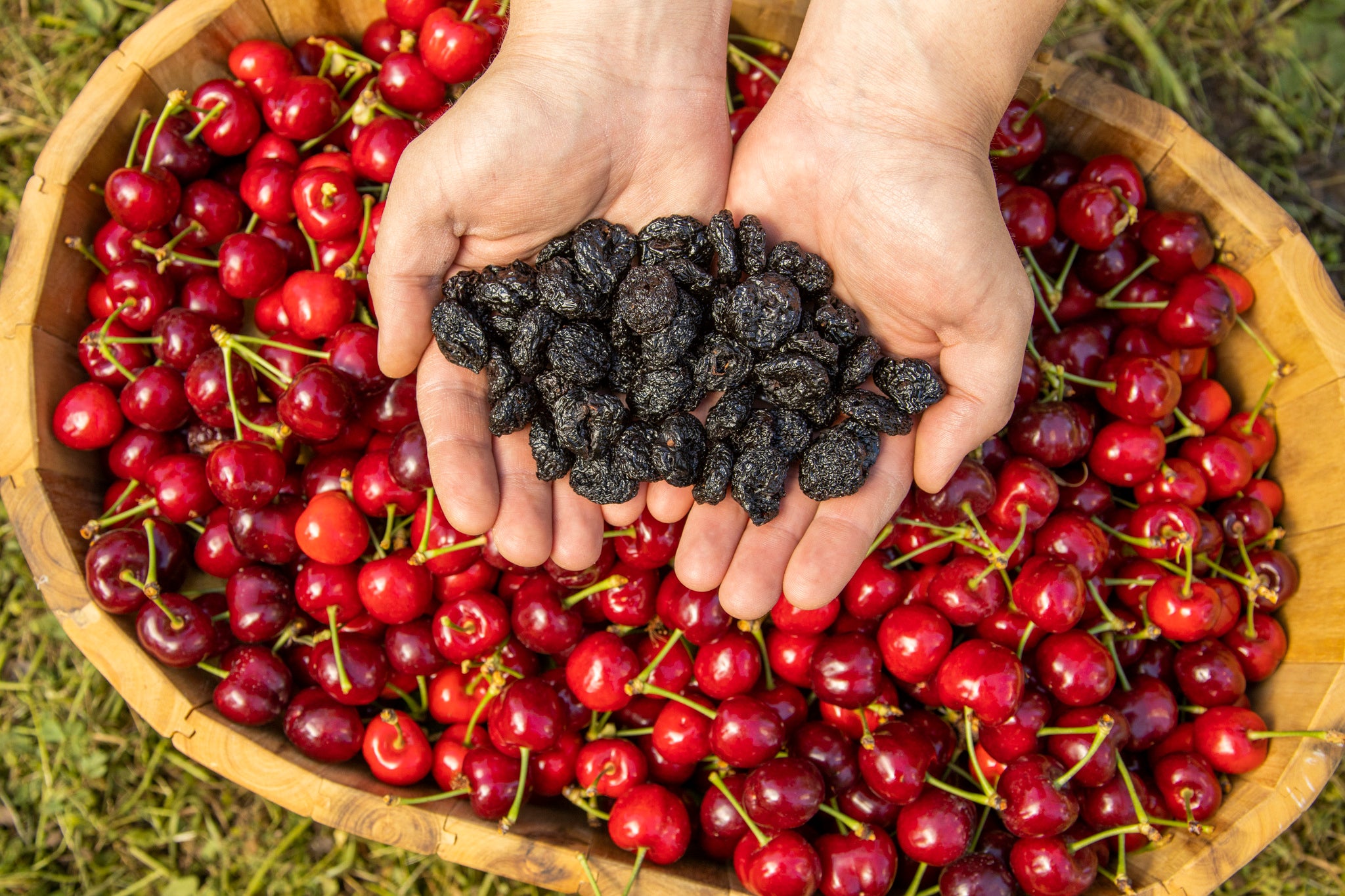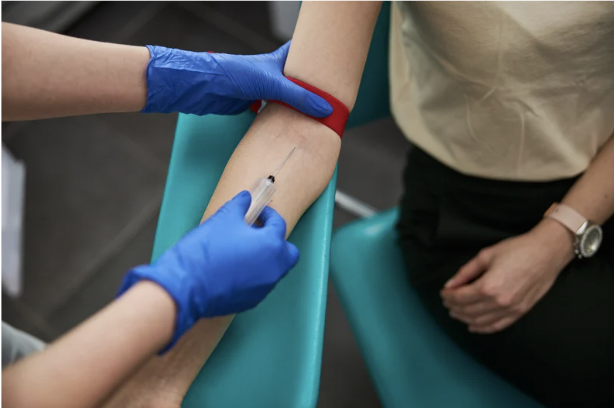How To Help During The Coronavirus Outbreak

Ute GrabowskyGetty Images
As coronavirus continues to spread and measures to contain it get more extreme, it’s easy to feel overwhelmed and powerless. But if you’re feeling healthy and in a position to help, there’s actually a lot you can do to not only to prevent the virus from spreading but to assist others in your community.
Below we’ve listed just a few ways that you can take care of those around you amid the outbreak and make it a little bit easier for us to all get through this together.
Take basic precautions.
The most important ways you can keep yourself and others healthy are often the simplest. Wash your hands often. Don’t go out if you’re sick. Avoid large crowds. Work from home, if possible. Stock your pantry (within reason!) with the food and supplies your family needs. Use telemedicine if possible as to not overwhelm hospitals.
Read more from the CDC here.
Don’t hoard.
Though it’s important you and your family be prepared for more time at home than you’re used to, it’s also super important not to hoard goods.
Not only will you be taking them away from people who really need them, it’s likely a waste of your money and resources, too. Take what you need, ideally in small doses during your normal grocery trips before an outbreak hits your area. You also shouldn’t be buying up medical equipment like masks unless you’ve been instructed to by a doctor or are caring for someone who is ill.
If you do need to make a bigger trip to the store than normal, be kind to those working as well as to other customers. Try to go when the store isn’t as crowded. Use hand sanitizer. Wipe off carts if you can.
Don’t incite fear and panic.
By now, we’ve all seen images of empty grocery store shelves and around-the-corner lines—both in person and on social media. Avoid junking up Instagram with yet another photo of that same thing. This only encourages panic and feelings of scarcity, which results in people hoarding things like toilet paper and water bottles.
Help those who need it.
If you are a healthy person and you have the means to do so, make an effort to help the most vulnerable in your community. Offer to shop and do non-contact drop-offs for your elderly neighbors. Ask people in your life who are immunocompromised, or even just overwhelmed with other commitments, if they need a helping hand gathering basic supplies.
Of course, you should still be limiting direct contact with others, but by washing your hands and making face-to-face contact relatively brief, you can help people out who may not be able to visit crowded areas.
Donate to organizations who are helping.
There are plenty of already established organizations, especially in communities seeing the quick spread of coronavirus, that are ready and willing to help. Trusted local non-profits are a great place to start, but you can also find some national ones here and here. Food pantries are also looking for monetary assistance right now. Call your local one to see what they need or visit Feeding America’s site; the national food bank network has set up a COVID-19 Response Fund.
Support local restaurants.
Though experts believe coronavirus is not explicitly transferred via food consumption, many are avoiding going out to eat. This may seem like a good thing, but it can be devastating to local restaurants.
Consider buying gift cards for some of your favorite local businesses. It can give them an economic boost now and you can visit later, if doing so at this time makes you uncomfortable. If they don’t offer gift cards or you’re unable to buy right now, this is a great time to leave a positive review on Yelp or Google.
If you do feel up to going out to eat or ordering food, consider doing non-contact delivery or pick-ups, tip extra well, and order with leftovers in mind. You’ll get food to heat up throughout the week and they’ll get the business they need.
Only share news from reputable sources.
Information is power. Be sure to triple check the sources from which you’re sharing. When in doubt, do a little research and see if you can find other reputable sources sharing the same thing. The less disinformation about the virus that’s spread, the more people will listen to legitimate advice from experts.
Donate blood.
Many blood drives have had to cancel their events for the next few weeks so if one is still running near you and you’re healthy and able to donate, you should. Experts believe there is little risk of spreading coronavirus via transfusion. Blood drives are not typically considered mass gatherings. Of course, if you believe you’ve been exposed to coronavirus, or have cold of flu-like symptoms, you should not participate.





